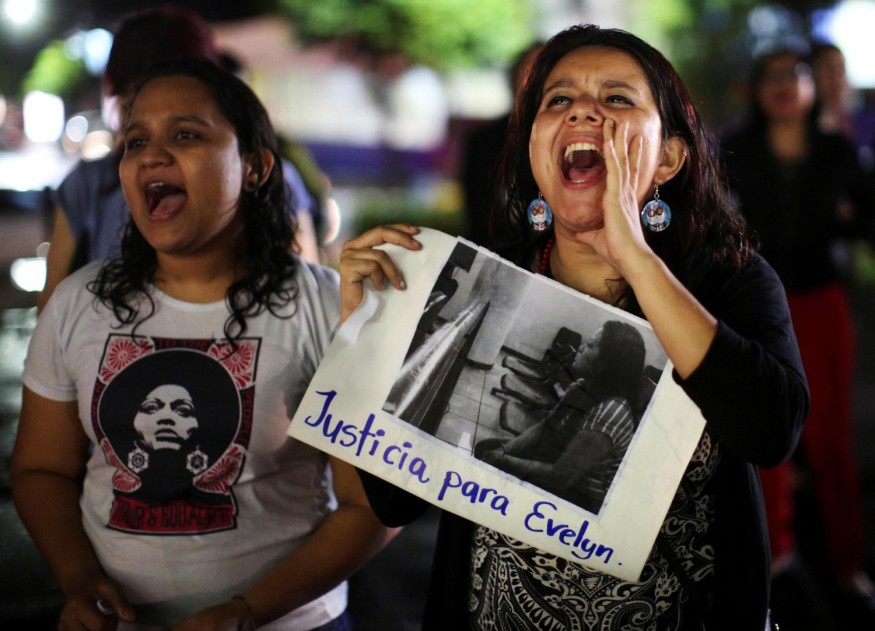New Trial for Rape Victim in El Salvador

The teenage victim of rape went to court for retrial in El Salvador who had spent nearly three years behind bars for murder following a stillbirth. In the year 2017, a female judge who determined the teenage girl had caused an abortion sentencing to Evelyn Beatriz Hernández to 30 years behind bars for an intentional killing.
El Salvador has one of the world's toughest prohibitions on abortion. For cases of rape or incest it is even illegal and if the life of the mother is at risk, or if the fetus is corrupted.
From a poor rural community, Ms Evelyn Hernandez, now 21, said she was raped and didn't even know she was pregnant until she was working in the toilet, giving birth to a fatal baby.
There was also no evidence that she indeedattempted to murder her child and that she was suffering from a pregnancy-related health problem said the Citizen Group for the Decriminalisation of Abortion (CDFA). Suspected abortions and miscarriages in El Salvador, is legally considered to be a homicide since 1997, are frequent.
Legal cases are strongly pursued against women who had suffered miscarriages and obstetric situations, with women who often appear in public hospitals after a miscarry accused of killing the fetus.
The CDFA estimates that about more or less 20 women are sentenced in the socially conservative Catholic-majority nation to up to 40 years for abortion offences after miscarriages, death or pregnancy.
Since 2014, the Group has been following 146 female prosecutions for abortion. 60 women who were imprisoned and 24 women were sentenced of aggravated murder. Some insist on errors and don't end their pregnancies deliberately.
In February, the sentence of Ms. Hernandez was revoked in an appeal before the Top Court of El Salvadore-a retrial with a new judge was requested. Ms Hernandez was released from prison and given temporary freedom during the course of the trial in February this year. She spent 33 months behind bars-for those accused without any conviction over the 24-month limit of El Salvadoran law.
Regardless of the fact that six other Latin American and Caribbean nations have absolute prohibitions on abortion, El Salvador has high convictions. The United Nations encouraged El Salvador to adopt a moratorium in 2017 on the application of its abortion law and also to assess all cases of abortion-related crimes in which women are imprisoned.
Salvadoran law requires women who purposely end a pregnancy and healthcare providers who are assisting them to be imprisoned up to 8 years. Instead, hostile prosecutors are often charged with an additional 40-year sentence for aggravated homicide. Women found guilty of abortion in the country come mainly from poor communities and are struggling in the courts to hire an attorney.
A protest outside the court in San Salvador, which called for a law change was carried out by dozens of supporters. Due to a health issue with prosecution witnesses, the Court has postponed the trial until 26 July. This is El Salvador's first retrial of an abortion case.
Subscribe to Latin Post!
Sign up for our free newsletter for the Latest coverage!
© 2025 Latin Post. All rights reserved. Do not reproduce without permission.

















